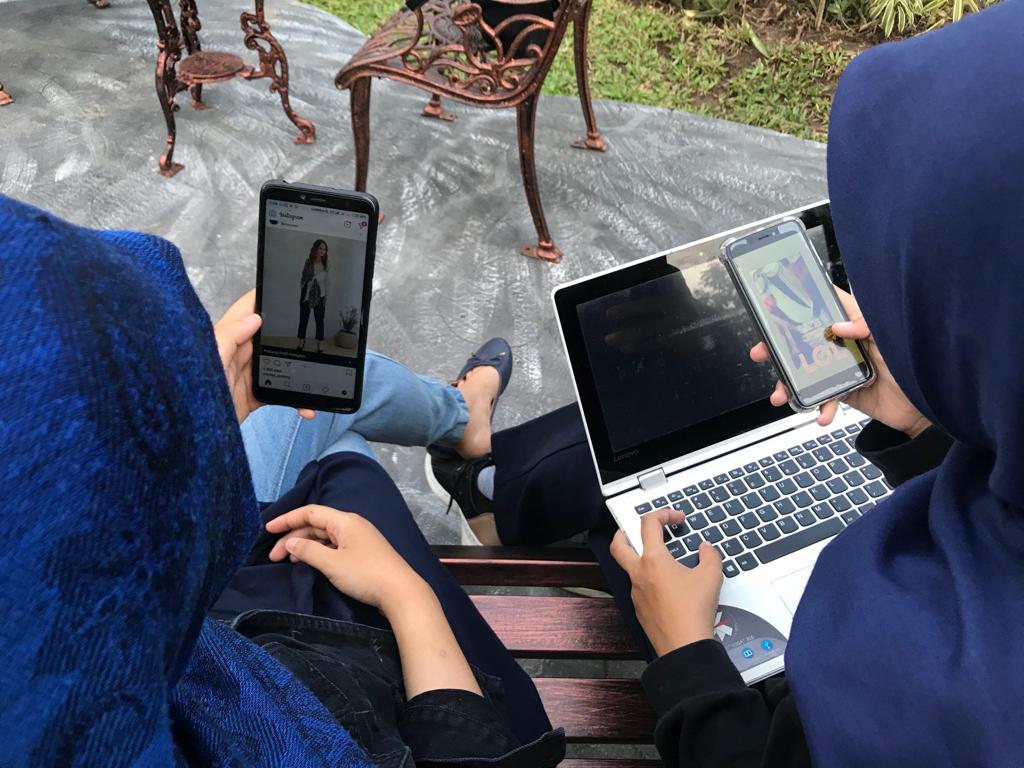UNAIR NEWS – According to Howe & Strauss (2000), the millennial generation is a generation born from 1982 to 2000. Most researches reveal that the millennial generation cannot be separated from technology, especially the internet and social media.
According to Dr. Hamidah M.Si., a psychologist from Universitas Airlangga (UNAIR), a millennial generation that cannot be separated from social media makes them have risk of mental health problems, for example depression, anxiety, and behavioral disorders such as nomophobia.
“Some of the last ten years of research have found that what plays a role in depression is interaction with other people,” explained Dr. Hamidah to UNAIR NEWS.
As social beings, humans need to interact with others. When social interaction is carried out in something unpleasant, it brings discomfort, then translated or interpreted as negative thing and it can lead to depression.
Even so, according to Dr. Hamidah, the risk of depression will increase if a person’s social interaction decreases. It is because in interacting with others, the ego which is part of one’s personality will be honed in bridging the conflicts experienced by the id and super ego.
“There are three aspects of human personality according to Freud, Id, Ego, and Superego. What makes a person’s personality strong is when one’s ego is honed and develops along with a lot of experiences, “said Dr. Hamidah.
Meanwhile, when someone uses social media too often, the interaction in the real world will decrease. In cyberspace, someone does not come face to face with a pleasant or unpleasant experience. Even so it can make them more mature in addressing various situations.
“The virtual world has been chosen by people who are actually not socially like to interact directly with other people,” she concluded.
When interacting directly and getting a negative feedback or response from someone, inevitably the individual must face it. This process provides experience and learning for how a person learns to manage conflict.
“This conflict makes the individual’s personality strong because of the learning process. It depends on how the individual translates and responds to the stimulus, ” she explained.
The reduced interaction and the involvement of individuals in cyberspace, there is one thing which is lacking psychologically. It is likely to lead to mental health problems.
Family is a party that plays a role in individual mental development. According to Dr. Hamidah, a family that lived in the early 2000s is a family that has sufficient facilities.
When the family feels that the facilities owned are good enough, they will tend to be having difficult times to face difficulties or hardships. Thus, the child’s ability to survive in facing challenges and difficulties becomes more fragile than the previous generation.
With the current conditions, Dr. Hamidah invited all families in Indonesia to learn how to manage themselves in facing challenges and problems and teaching them to children. Because it is important to anticipate the situation in the future.
“Living people need to be equipped with pleasant and unpleasant experiences to be balanced,” she added. (*)
Author: Galuh Mega Kurnia
Editor: Khefti Al Mawalia





